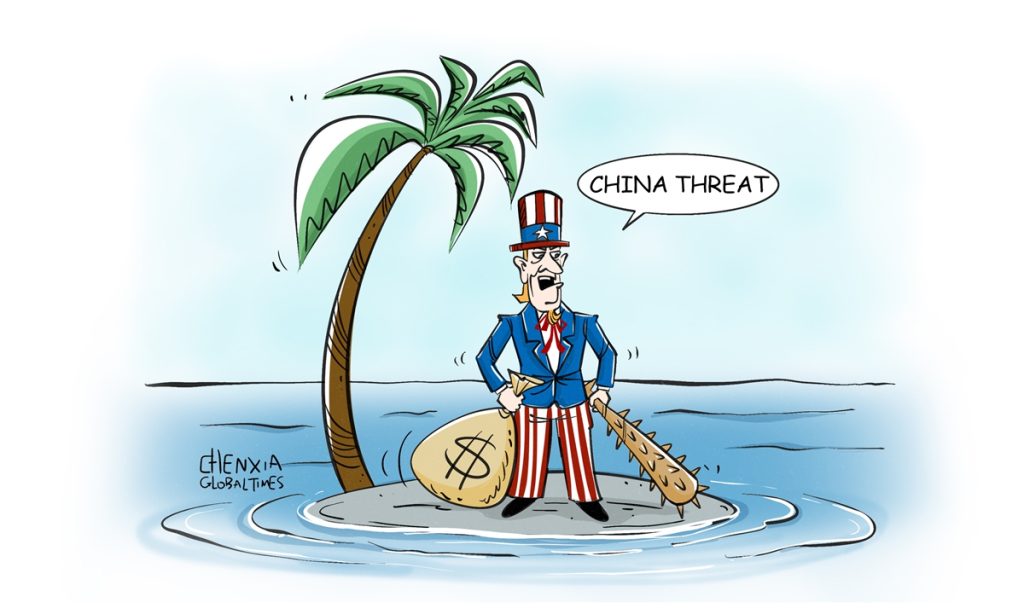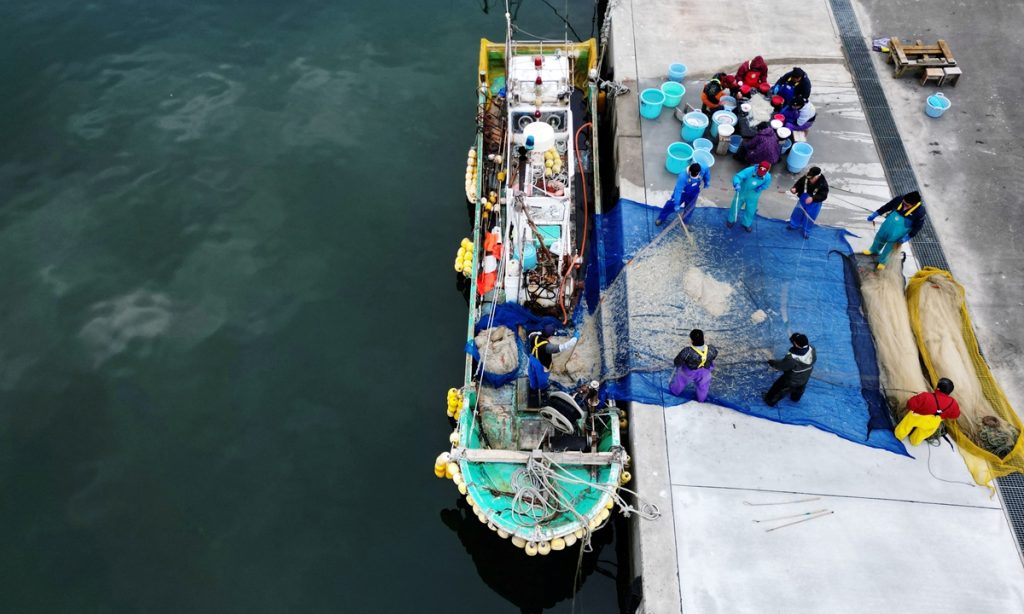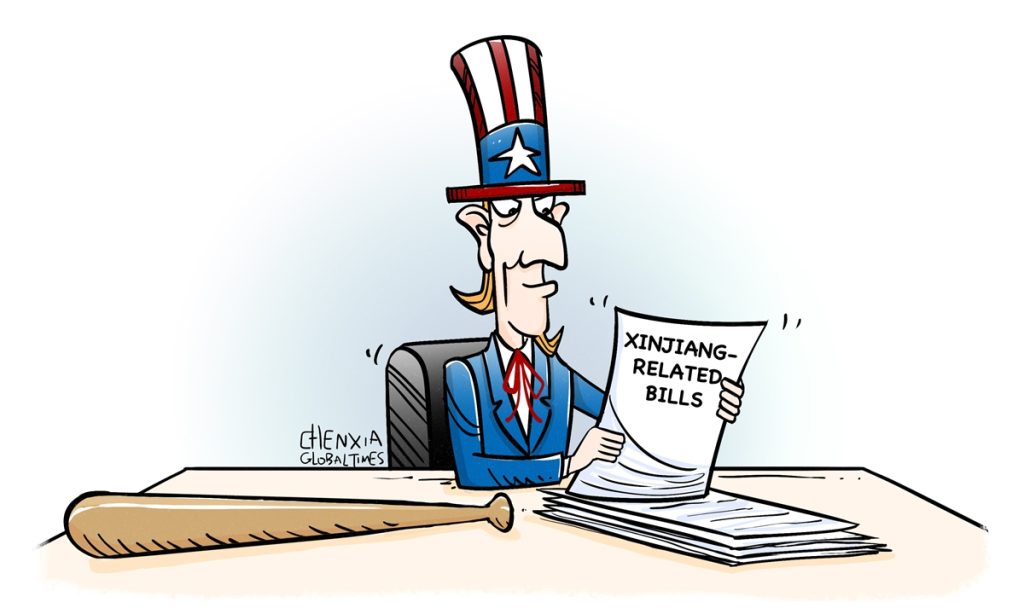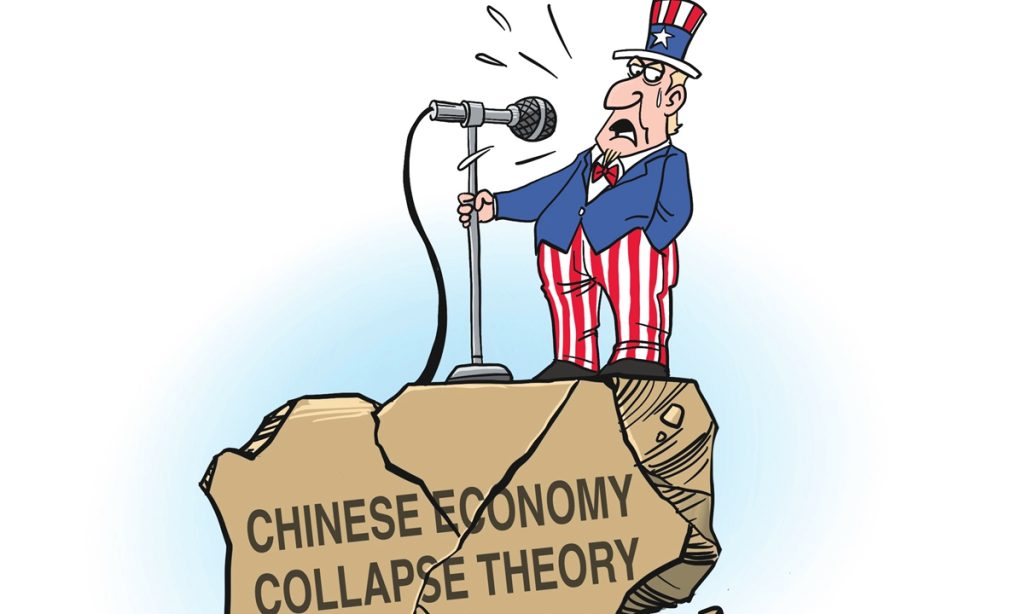Call of duty
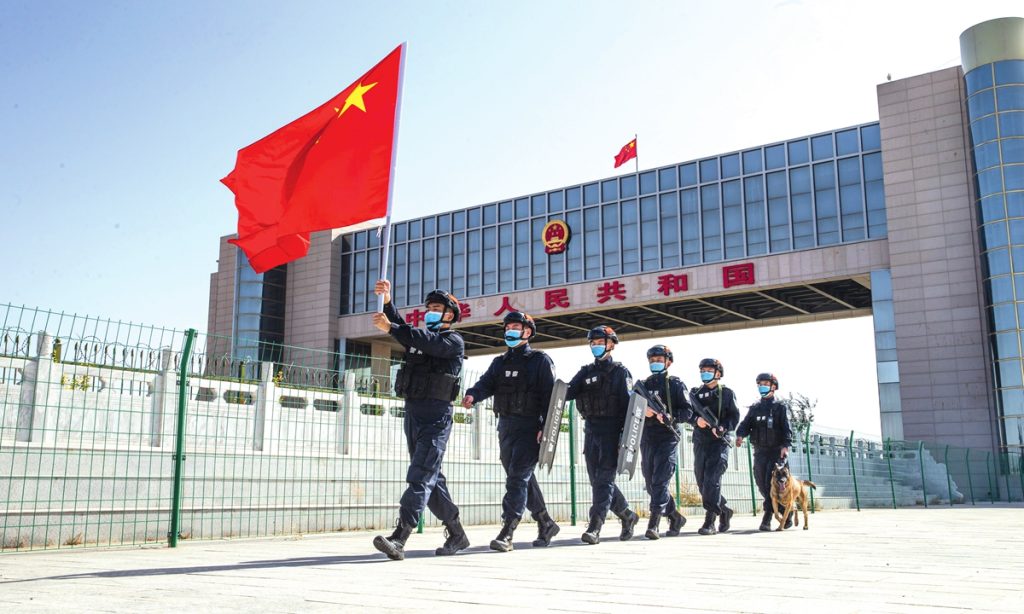
North China's Inner Mongolia Autonomous Region has a border line that stretches more than 4,200 kilometers, accounting for about one fifth of the national land border. It is the "northern gateway" and the "moat" of the capital city Beijing. However, in recent years, many areas in Inner Mongolia have reported issues which have attracted wide attention such as many young people of working age choosing to leave the border areas.
Recently, the Inner Mongolia delegation to the 14th National People's Congress held a plenary meeting which was open to domestic and foreign media outlets. During the meeting, chairman of the autonomous region Wang Lixia introduced that Inner Mongolia spans the northwest, north and northeast regions, has external relations with Russia and Mongolia, and surrounds Beijing-Tianjin-Hebei region. It shoulders a major political responsibility in safeguarding national security and border stability.
Wang also stressed that in 2024, the autonomous region will focus on addressing the issue of "hollowing out" in border areas, implementing comprehensive measures to attract more people to settle and live in border areas, and ensure national unity and border security.
In recent years, the permanent population in border areas of Inner Mongolia has been seriously flowing out, with the remaining residents being senior citizens, and the problem of population "hollowing out" becoming increasingly prominent.
As a result, the local government has been studying and formulating differentiated and precise policies, which include promoting the development of border areas, enriching people's lives, stabilizing the borders, and striving to improve the level of industrial development, basic public services, and infrastructure guarantee in border areas. This will attract more people to settle and live in border areas, and guard the borders, as learned by the Global Times from the Standing Committee of the Inner Mongolia Autonomous Region People's Congress.
Population decrease
Taking Siziwang Banner of Ulanqab city as an example, the banner is one of the 19 border banners and counties in Inner Mongolia, with a total area of 25,500 square kilometers and a border length of 104 kilometers. Due to production, living conditions, especially education and medical conditions, most school-age children and senior citizens in the banner have moved to Ulan Huacheng town.
The border population has been decreasing year by year. The total registered population of the three border regions is 8,714 people in 4,664 households, with 2,844 households and 4,260 people living outside the border area, accounting for 50.9 percent of the registered population. The long-term residents on the border are almost all senior citizens, over 60 years old, according to local officials.
Official data show that as of December 2022, the actual population in the border area is 3,340, a decrease of 5,344 people compared to 2010, with a decrease rate of up to 56 percent.
Meanwhile, a public report in September 2023 indicated that due to various factors, in recent years, the internal migration of border residents in the Alashan League border area has weakened the grassroots defense and control forces, leading to an increasingly severe border security situation.
Due to education being limited in the border cities of Inner Mongolia, many families choose to send their children to neighboring cities to study. Yang Te, a PhD student who left the Alashan League after entering university, shared his story with the Global Times.
"Almost all of my classmates in high school moved to Beijing or Tianjin. Only a few students who needed to help their families stayed in Inner Mongolia, Yang said. "Now that herding is no longer the main way to survive, more people choose to strive for a better standard of living in the big cities. Living in the border areas can be quite tough."
Seeking a way out
In order to address the issue, the Inner Mongolia Autonomous Region has formulated a series of differentiated and precise subsidy policies. These policies are aimed at guiding and supporting residents in border areas to participate in local economic development, thereby reducing the phenomenon of population hollowing out.
These policies include tax incentives and financial support for enterprises in border areas. At the same time, technical support is provided for industries such as agriculture and animal husbandry in border areas to improve industry efficiency and promote employment, according to local officials.
In response to the prominent issue of "hollowing out" of the population in border areas, with a high average age of left-behind personnel and a significant decrease in permanent residents and serious outflow in Alashan League, the local government has coordinated resources from all parties to jointly build and share. The strengthening of the construction of various infrastructure projects in border areas is the main focus, to continuously increase the construction efforts of border defense infrastructure.
In recent years, the league has renovated and maintained over 2,500 kilometers of patrol routes for frontline border guards, built four duty rooms and seven watchtowers, constructed over 160 kilometers of barrier facilities such as iron fences and wire fences in key areas, built and maintained nine monitoring centers and 39 sets of intelligent monitoring front ends, installed 32 sets of water purification equipment, effectively improving the working conditions of frontline military and police units.
These efforts have not been in vain. Many young people like Li Hao, now a special police officer in the Xilin Gol League, have begun to consider the option of returning home to defend the border after graduating from college.
Now the environment for garrison defense has been greatly improved, and many young people are tired of the pressure of living in a big city, they choose to return to their hometowns. But this process of a change in attitudes will take some time, Li said.
For Li, who idolized his father as a forest ranger since he was a child, being able to use his own power to maintain peace and prosperity in the border region has brought him a great sense of honor. "Compared with the pressure and competition of big cities, life here is self-sufficient, and the infrastructure, education, ecology and tourism environment are rapidly improving, I believe that more young people will choose to stay and feel this call of duty," Li noted.
